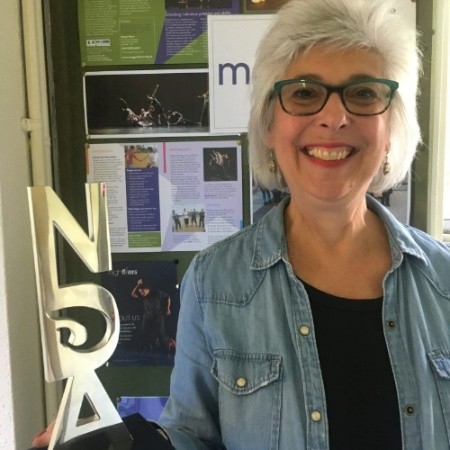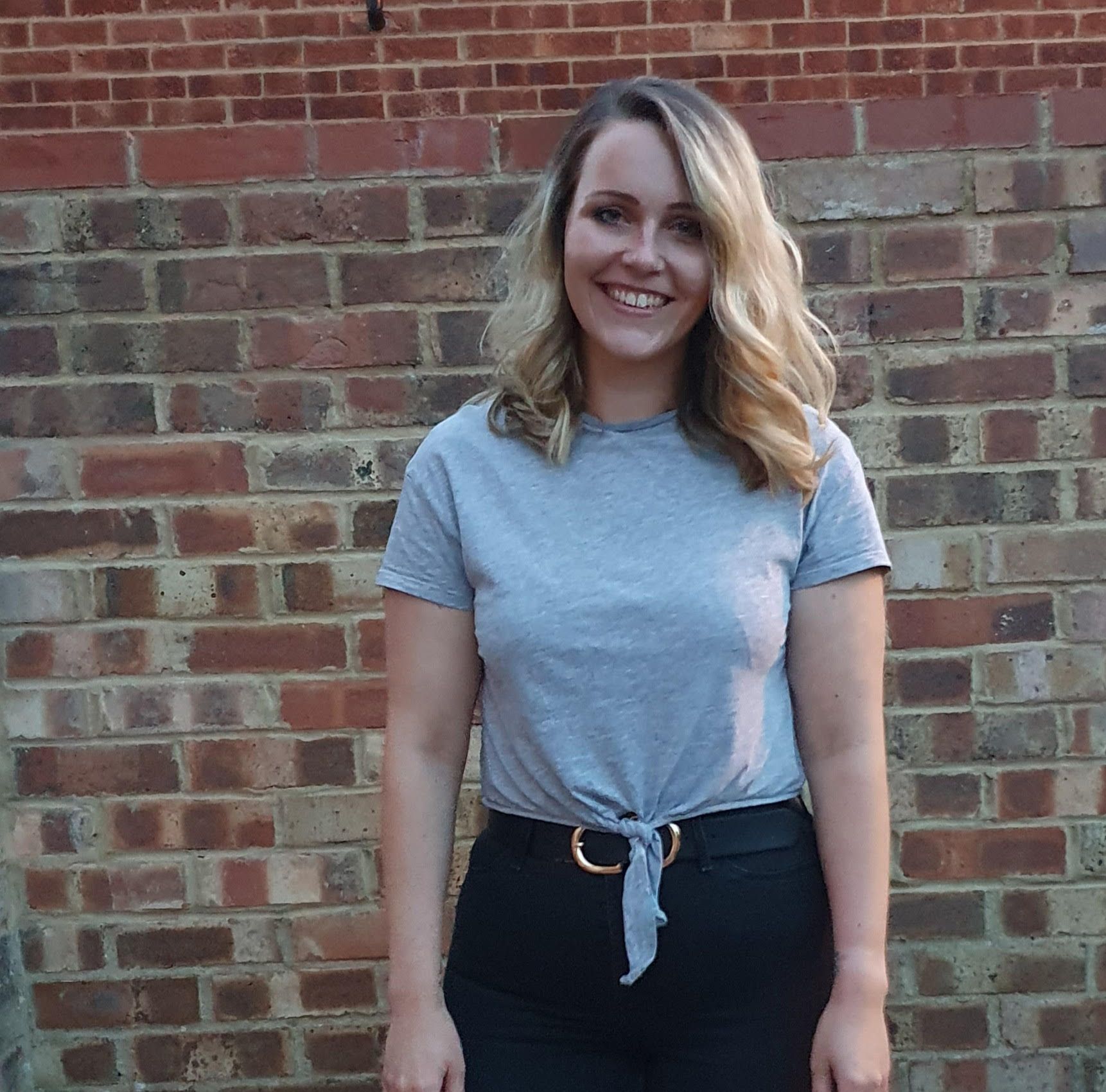I’m writing this to give hope to other families and individuals who have been
diagnosed with being dyslexic. Sharing some of the journey that we experienced
and came out the other end through recognising neurodiversity is hugely
important.
Our son (who is now 39) was diagnosed when he was around 6 – 7 years old; it
came to light because he was in primary school and was not doing very well. His
teachers told me that he was quite disruptive in class – there was a good reason
for this, he was unable to read the instructions given. As a result of this we considered taking him out of the school and sending him to
another school, however we needed to get him assessed before we could
consider doing this.
We took him to a local educational assessment organisation. We were told that he would benefit from seeing a dyslexic specialist as they thought he could be dyslexic. Before this I had no awareness of dyslexia and what it means. We took our son to the local dyslexic specialist teacher; she confirmed that indeed our son was dyslexic.
Over the ensuing years my understanding of what this entails became a
lot clearer. Dyslexia does not go away, it is with someone for life. Like some other
disabilities there are shades of dyslexia, it’s not one thing or another; it’s
individual. This amazing teacher taught our son how to make strategies for
reading, collecting his thoughts and learning. I remember she taught him how to
use a mind map to learn. He was never very interested in reading, which is
understandable now.
Our son went through primary school – the school was made aware of his
dyslexia and encouraged him to sit near the front of class so he could see
properly and the light was good to read the blackboard. In secondary education the school was slow to recognise that he was dyslexic, just thinking that he was ‘a bit slow’.
We decided to take him to a private educational psychologist for assessment, because when he came to do GCSE’S he would need extra time for the exams. The school would not have allowed this if we didn’t have the report from the educational psychologist stating that he was dyslexic.
The same happened when our son did A levels – he was good at Maths which I
understand many people with dyslexia are, plus dyslexia is much more common
in boys than girls. He had extra time, which was vital for someone who finds it difficult to read fast.
The next step was university, which our son was accepted to do Accountancy and
Finance at Nottingham Trent. The university (after testing our son for dyslexia) refused to agree that our son should have additional support at university because of his disability. They said that he did not have dyslexia, which of course is not true.
We then went back to the educational psychologist for an up to date assessment for the university. No surprise that our son still needed the extra time and help at university. The educational psychologist suggested that our son’s coping mechanisms beat the test that the university gave him. However he still required the support that someone who is dyslexic requires.
Our local authority had to pay for specialist equipment, e.g. a computer, an audio recorder for lectures, a weekly one to one support person who would help with writing his dissertation.
A degree was achieved of which we are very proud – what next? A qualification
in Accountancy, the career our son wanted to go into. Same story regarding
extra time in professional exams; he was allowed this with the assessment from
the educational psychologist.
The point of this story is don’t give up – push for what you know your child
requires to succeed in life and find his or her way. Getting the appropriate
support is a game changer. It’s interesting, as the career our son went into
requires quite a bit of report writing, however spell check makes it easier. He went on to work for one of the big accountancy firms and then into forensic
accounting. He has a fantastic attention for detail, very good communication
skills and of course excellent accountancy skills.
My husband (his father) is also dyslexic – when he was a child dyslexia was not
acknowledged. My husband failed the 11 plus, failed English ‘O’ level twice. In
spite of this he went on to have a hugely successful career as a doctor and
professor researching into diabetes and genetics.
When our son was diagnosed I did not know what to expect; he also had a
language delay before school and went to a special unit for language-delayed
children (another fight with the local authority). I was told by a speech therapist
that my son would never go to a ‘mainstream school’. He overcame this challenge
with the right support and teaching. With the appropriate care, supportive
environment and attention, adversity and difficulties can be overcome.
If you have an experience or views that you would like to share, then please get in touch



